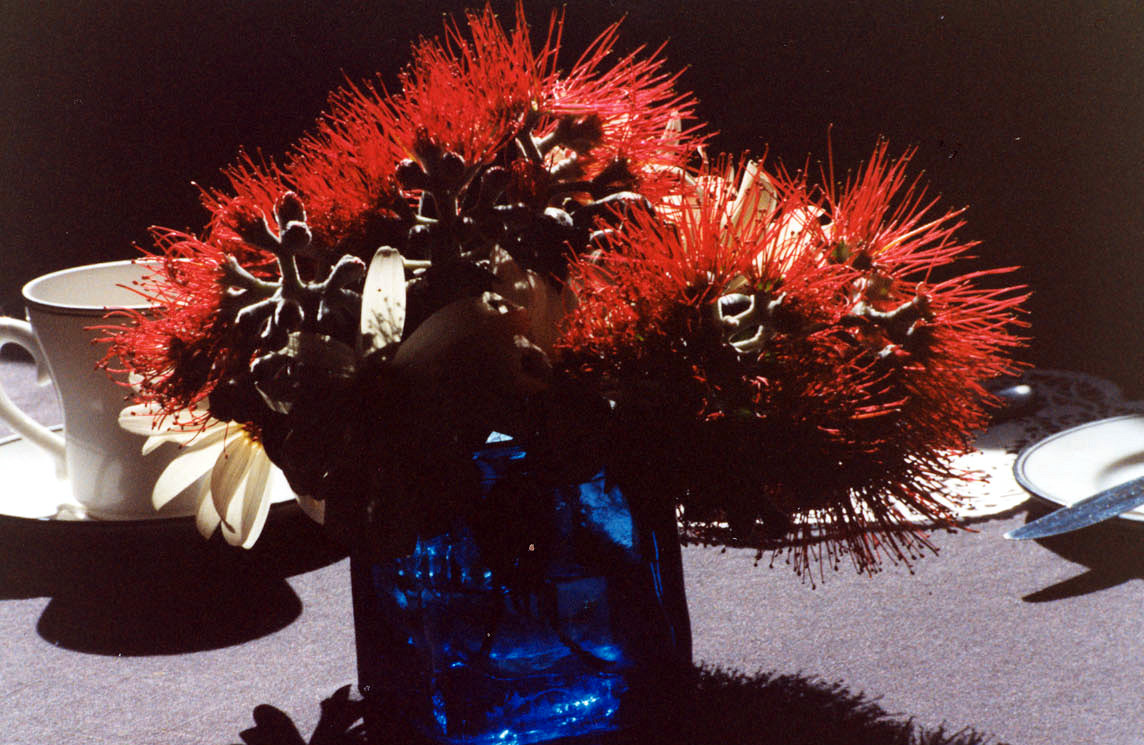how to make your travel blog sing? Here are a few tips to help.
- It often helps to make a basic outline before you start writing.
- Talk to locals. How else will you learn about the place?
- Find a fresh angle to the story. Most places have been written about before so find something original that will grab a reader’s attention.
- Take notes, ask questions, get quotes and jot down the little details of your trip. How much did it cost? What’s the name of the district it’s in? Always be specific.
- Avoid clichés! Lose the “best-kept secrets”, “city of contrasts” and “unspoilt gems”. Why do lodges always “nestle” at the foothills or “perch” vulture-like atop a mountain with “breathtaking views” over a “rustic” village?
- Lose the unremitting good cheer. Among all the stories I had read about Egypt before I went, nobody had prepared me for the filth, the cruelty to horses, the stray dogs and starving camels eating cardboard from rubbish dumps. Be more realistic. Tell the truth!
- Read, read, read: Rinse and repeat. Only good reading can make you a better writer. Dip regularly into your list of 25 favourite travel writers. You will never develop a voice and style without reading in the style you want to write – travel.
- Add historical or political context to assist the point you’re making in your piece.
- Thomas Swick wrote in Roads not Taken (http://www.thomasswick.com/articles/roadsnottaken.html) “It is the job of travel writers to have experiences that are beyond the realm of the average tourist, to go beneath the surface, and then to write interestingly of what they find.
- Good travel writers understand that times have changed, and in an age when everybody has been everywhere (and when there is a Travel Channel for those who haven’t), it is not enough simply to describe a landscape, you must now interpret it.”
- Seek to entertain, and educate, your reader in a light, breezy way.
- Write, write, write: You have to write even when – especially when – you don’t feel like it.
- Paint with words: Take the reader on an armchair journey. Include sensory details. What did the place look like? Feel like? Smell like? Taste like? Remind you of?
- Develop a speciality: If you want to stand out, it pays to be an expert on something that you’re passionate about.
- If you can’t afford to travel abroad: write about new activities in your local area. Become a travel expert on your own city. Does it have any unusual landmarks, remarkable museums or attractions? How about festivals?
- Show. Don’t tell: Loose the adverbs and flowery descriptions. Choose the perfect verb instead.
- End with a punch or at least ensure the ending captures the point of the story. Don’t dare to say you can’t wait to return to wherever you went – that’s been done to death.
- When your piece is finished, read it out loud to find that parts that don’t work.


 One of the worlds queens of crime, Dame Ngaio Marsh was born in Christchurch, New Zealand and a while ago I wondered if her house had survived the quake: I’d assumed ‘yes’ given it’s wooden and is in a relatively unscathed part of my old city.
One of the worlds queens of crime, Dame Ngaio Marsh was born in Christchurch, New Zealand and a while ago I wondered if her house had survived the quake: I’d assumed ‘yes’ given it’s wooden and is in a relatively unscathed part of my old city.
 So, the house remains basically as it was and is still open to visitors – as are most things in Christchurch. See what Wiki says about our beloved Christchurch treasure –
So, the house remains basically as it was and is still open to visitors – as are most things in Christchurch. See what Wiki says about our beloved Christchurch treasure – 



